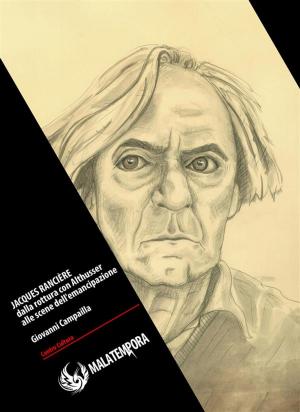| Author: | Sonnee Weedn, PhD | ISBN: | 9780983277613 |
| Publisher: | Chispa Publishing | Publication: | January 25, 2013 |
| Imprint: | Chispa Publishing | Language: | English |
| Author: | Sonnee Weedn, PhD |
| ISBN: | 9780983277613 |
| Publisher: | Chispa Publishing |
| Publication: | January 25, 2013 |
| Imprint: | Chispa Publishing |
| Language: | English |
Ten years ago, psychologist, Dr. Sonnee Weedn, a white woman living in the reality of de facto segregation, was asked to treat a young urban, African American woman. She believed she lacked the knowledge about African American culture in general to effectively treat this person. “As a child, growing up in a white middle-class family, I had only a few encounters with African Americans,” Weedn said. Drawing from her own experience and observations growing up in the Jim Crow era south, Dr. Weedn, was stimulated to learn more. In particular, she yearned for a better understanding. Dr. Weedn needed answers to what seemed to be obvious, but complicated questions. What was it that allowed these women to survive and thrive despite double prejudice and racism? What were the historical implications of the confluence of the Civil Rights Movement and the Women’s Movement on this particular cohort of women? So she set out to interview accomplished (in the broadest sense of the word) African American women. What she discovered could only be told directly from the mouths of the women who lived their extraordinary lives. Thirty-one such women like; Jocelyn Elders, M.D., former Surgeon General of the United States of America; Col. Yvonne Cagle, M.D., NASA astronaut; Loretta Devine, actress, and Joyce Elliott, Democratic member of the Arkansas Senate, and former member of the Arkansas House of Representative, became the subjects of this book. Dr. Weedn traveled the country for three years, interviewing many African American women, some famous and others unknown except in their own particular circles of influence. She studied these women to determine what encouraged them to transcend discrimination and other obstacles they faced in order to rise up and claim their destinies as powerful and altruistic women. The women she interviewed represented seven strengths she identified as having sustained them and allowed them to flourish. She believes that these seven strengths are the historical legacy of all African American women today, and encourages all women, regardless of ethnicity to learn from their example to increase their own resilience and determination. The book is best summed up by a quote from Latifa Lyles, former V.P. National Organization for Women, “I am an African American Woman, and not a day goes by that I don’t think of both.”
Ten years ago, psychologist, Dr. Sonnee Weedn, a white woman living in the reality of de facto segregation, was asked to treat a young urban, African American woman. She believed she lacked the knowledge about African American culture in general to effectively treat this person. “As a child, growing up in a white middle-class family, I had only a few encounters with African Americans,” Weedn said. Drawing from her own experience and observations growing up in the Jim Crow era south, Dr. Weedn, was stimulated to learn more. In particular, she yearned for a better understanding. Dr. Weedn needed answers to what seemed to be obvious, but complicated questions. What was it that allowed these women to survive and thrive despite double prejudice and racism? What were the historical implications of the confluence of the Civil Rights Movement and the Women’s Movement on this particular cohort of women? So she set out to interview accomplished (in the broadest sense of the word) African American women. What she discovered could only be told directly from the mouths of the women who lived their extraordinary lives. Thirty-one such women like; Jocelyn Elders, M.D., former Surgeon General of the United States of America; Col. Yvonne Cagle, M.D., NASA astronaut; Loretta Devine, actress, and Joyce Elliott, Democratic member of the Arkansas Senate, and former member of the Arkansas House of Representative, became the subjects of this book. Dr. Weedn traveled the country for three years, interviewing many African American women, some famous and others unknown except in their own particular circles of influence. She studied these women to determine what encouraged them to transcend discrimination and other obstacles they faced in order to rise up and claim their destinies as powerful and altruistic women. The women she interviewed represented seven strengths she identified as having sustained them and allowed them to flourish. She believes that these seven strengths are the historical legacy of all African American women today, and encourages all women, regardless of ethnicity to learn from their example to increase their own resilience and determination. The book is best summed up by a quote from Latifa Lyles, former V.P. National Organization for Women, “I am an African American Woman, and not a day goes by that I don’t think of both.”















